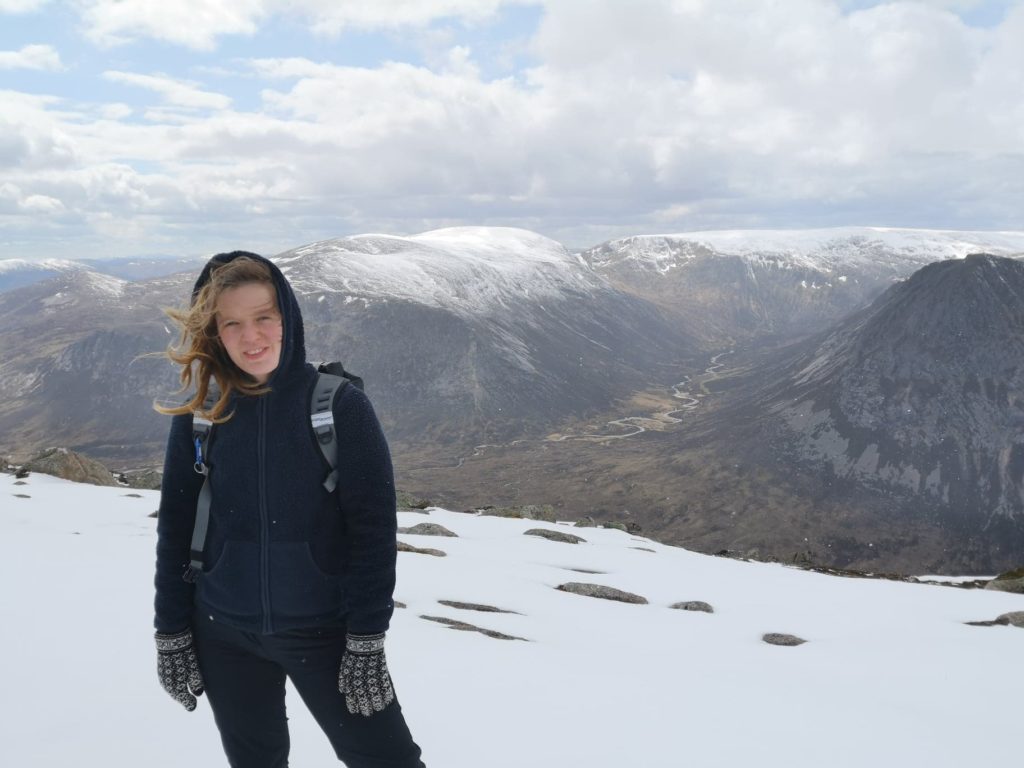
| Academic Year | 2020-2021 |
| Institution | Queen's University, Belfast |
Biography
School: School of Natural and Built Environment
Project: Investigating the Timing and Causes of Nitrogen Cycle Changes in Bronze Age Ireland
Supervisors: Dr Gill Plunkett and Dr Kate Britton
Undergraduate Education: Integrated Master of Chemistry, University of Aberdeen
Postgraduate Education: N/A
Research: The aim of this project is to investigate the timing, extent, and potential causes of the nitrogen fractionation shift through a palaeoenvironmental analysis of sedimentary sequences and an examination of dietary evidence spanning the Bronze Age.
Research has demonstrated that changes in the nitrogen cycle can be caused by human activity, notably through intensification of agriculture and animal husbandry. As such, the study of the changes in the nitrogen cycle can provide in-depth information of past human patterns.
A significant alteration in the nitrogen cycle during the Bronze Age in Ireland has been identified through isotope analysis of wild and domesticated faunal remains. This coincides with palynological evidence for widespread land clearance and has been attributed to an intensification in the land management during this time. However, further research is required to rule out a climate driver.
To determine whether this alteration was caused by human activities and/or climatic changes, palaeoenvironmental sequences will be collected from both lakes and peatland sites. Tephrochronology and radiocarbon dating will be used to isolate the relevant Bronze Age levels. These will then be investigated using pollen and δ15N analyses.
The relationship between land-use changes, subsidence and diet will also be investigated using stable isotope analysis of archaeobotanical, archaeofaunal, and human remains from several Bronze Age sites in Ireland.
This multi-proxy approach will comprise the first integrated investigation of land-use changes, diet and environmental impacts in Irish prehistory and will enable a deeper understanding of the role of humans in driving systemic ecosystem change, thus enabling us to better understand how we are currently influencing our environments.
Relevant articles:
- Guiry, E. et al. 2018. Anthropogenic changes to the Holocene nitrogen cycle in Ireland. Science Advances 4, p.eaas9383
- Plunkett, G. 2009. Land-use patterns and cultural change in the Middle to Late Bronze Age in Ireland: inferences from pollen records. Vegetation History and Archaeobotany 18, 273-295





















































